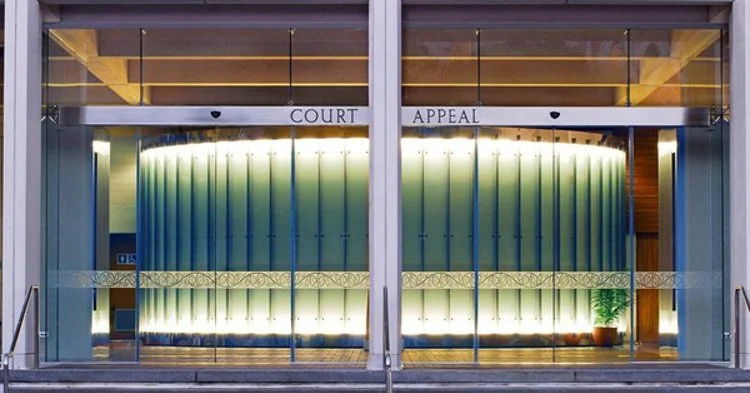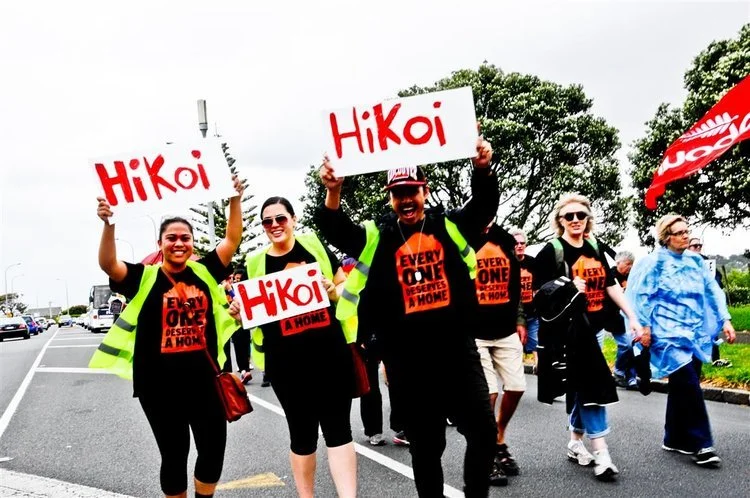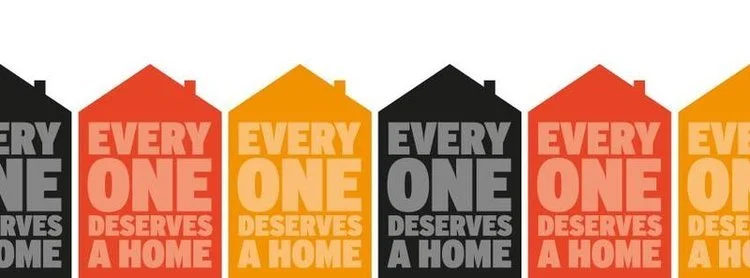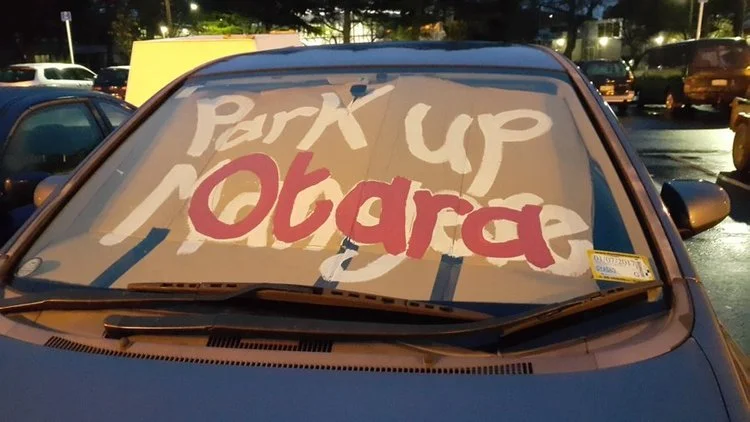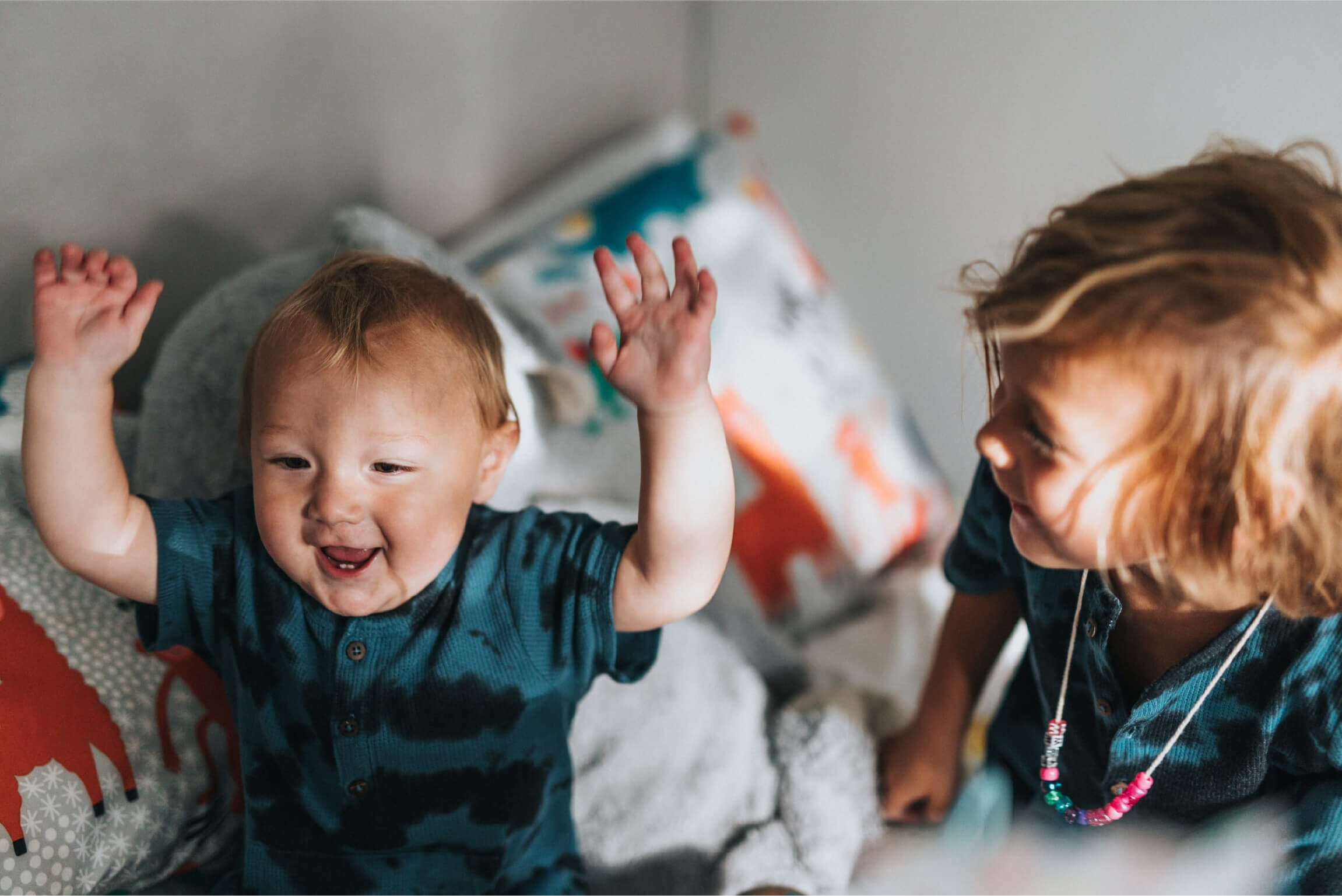
Our Vision
An Aotearoa where all children flourish, free from poverty.
Our focus on children
We focus on eliminating poverty for children because:
Overall effects of poverty are worse for children - Child development is adversely affected by poverty, and can lead to detrimental effects for an entire life.
Children are more likely to experience poverty - Children are over-represented among those in deprived households.
Children don’t get a say - Decisions affecting children are made without their input; state democracy involves only adults.
Our mission
Founded in 1994, the Child Poverty Action Group is an independent, registered charity working to eliminate child poverty in Aotearoa New Zealand through research, education and advocacy.
Our work
We produce research about the causes and effects of poverty on children and their whānau and families, and use this to inform public discussion and promote evidence-based responses.
CPAG is funded entirely by grants from charitable trusts and donations from the public. Our members across New Zealand include leading academics, doctors, teachers, health workers, community workers and many others.
Our work covers issues such as health, housing, education, taxation, disability, employment and income support.
Child Poverty Action Group does not provide services directly to families, instead we focus on influencing policy and debate to create lasting change. If you are in need of assistance, please visit the Family Services Directory to find contact details of service providers in your local area.
Our analysis
Aotearoa New Zealand’s high rates of child poverty are not the result of economic necessity, but are due to policy decisions and neglect.
Ongoing colonisation, racism, sexism and discrimination – including systemic racism and monoculturalism as well as personal prejudice and bias – contribute to the country’s inequity, including for children and their families.
Most children experiencing poverty in Aotearoa New Zealand are Pākehā. However, whānau Māori, as well as Pacific families and other non-Pākehā ethnicities, experience higher than average rates of income poverty and material hardship, as do disabled children and children with disabled family members. It does not have to be this way, and we have the power to change this.
We envisage an Aotearoa where our society shows respect, generosity and care for all children.
Our Values
Children should be at the heart of all our decisions as a society.
The Child Poverty Action Group’s kaupapa is underpinned by four pou:
Mana – We acknowledge and uphold the mana of all children.
Manaakitanga – We believe that our society should show respect, generosity and care for all children as taonga.
Kotahitanga - We work collectively to uphold the mana of all children and to ensure they flourish.
Mātauranga – We believe that child-centered knowledge is essential to upholding their mana and enabling them to thrive.
The guiding principle of Child Poverty Action Group is the right of every child to security, food, shelter, education and healthcare. This is underpinned by the values encapsulated in the United Nations Convention on the Rights of the Child.
He kai tahu me kikini, he kai tahu me tīhore, mā te tamaiti te iho:
Pinch off a bit, peel off a bit, the inside is for the child (said of the potted bird).
Our Support
We are supported by donations from generous New Zealanders, trusts, and foundations. See Our Partners.
Our commitment to honouring te Tiriti O Waitangi
Child Poverty Action Group acknowledges Māori as tangata whenua of Aotearoa, and seeks to honour and uphold te Tiriti O Waitangi.
Our History






